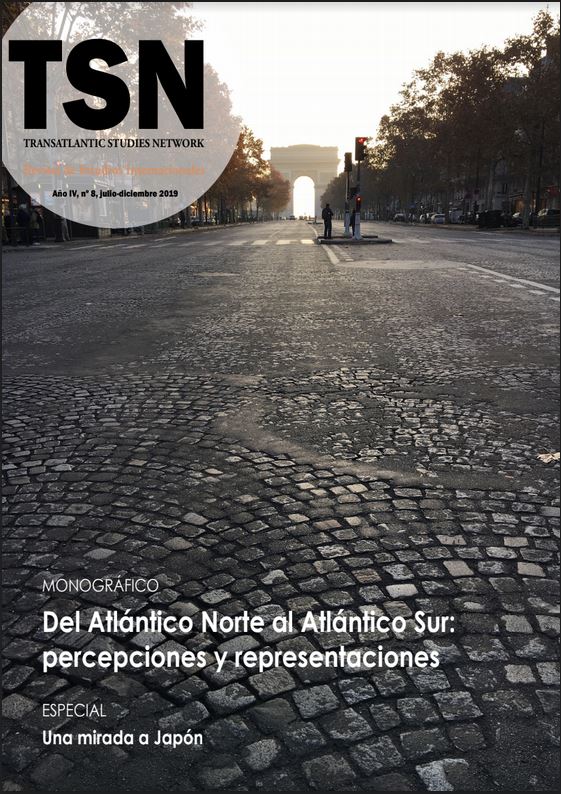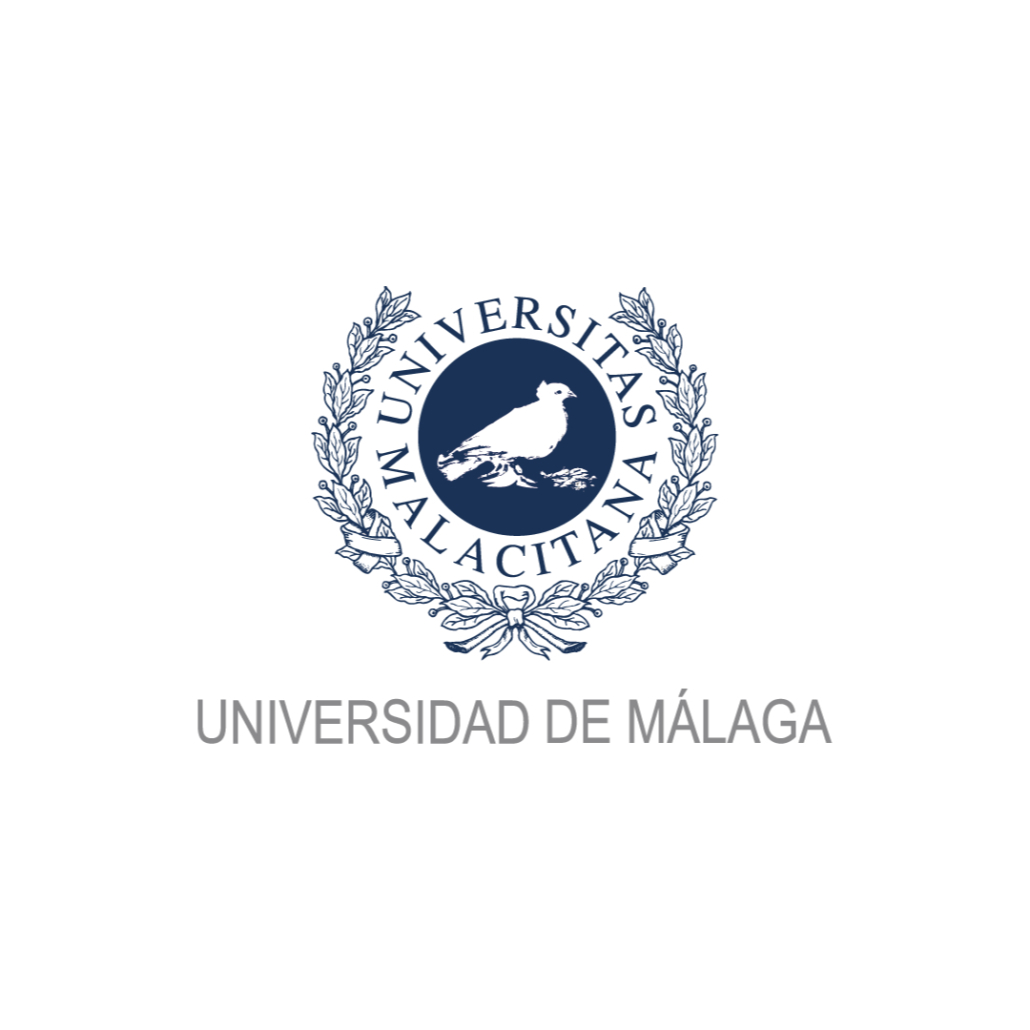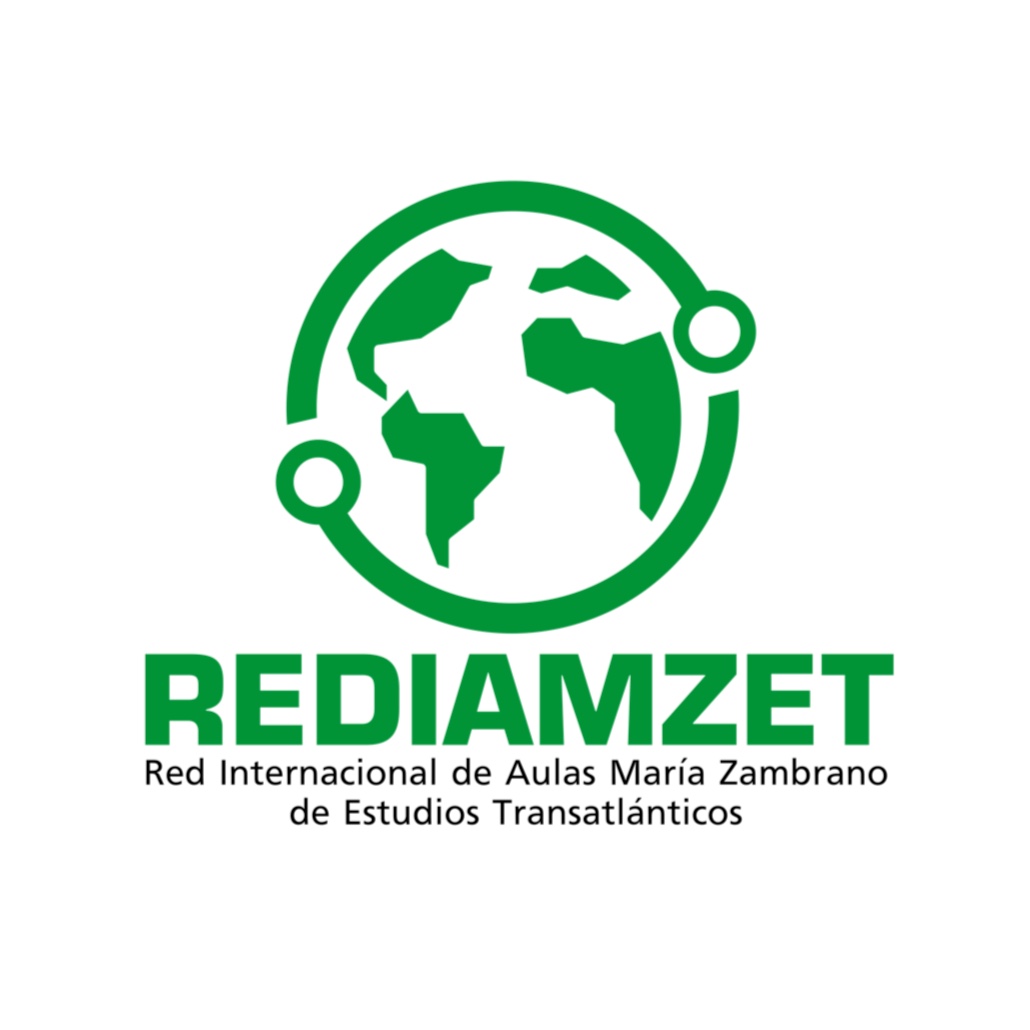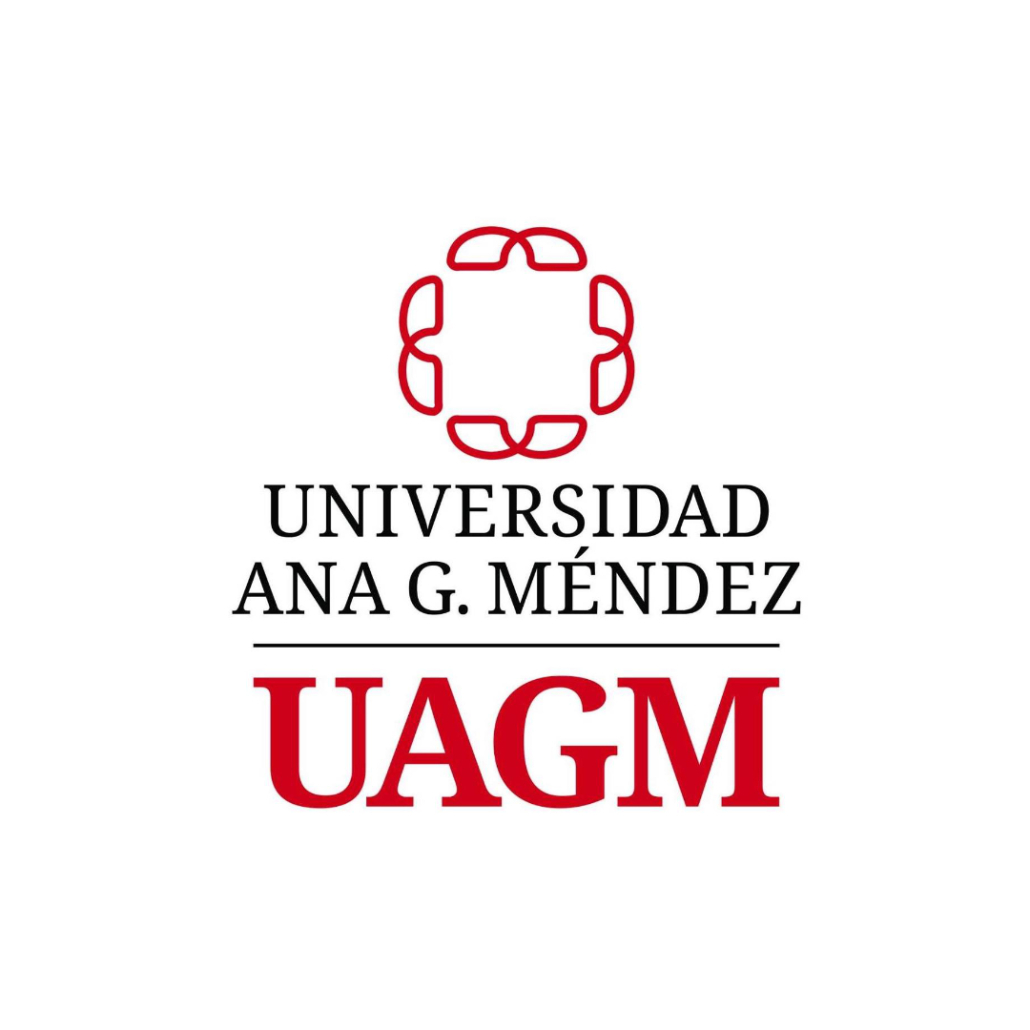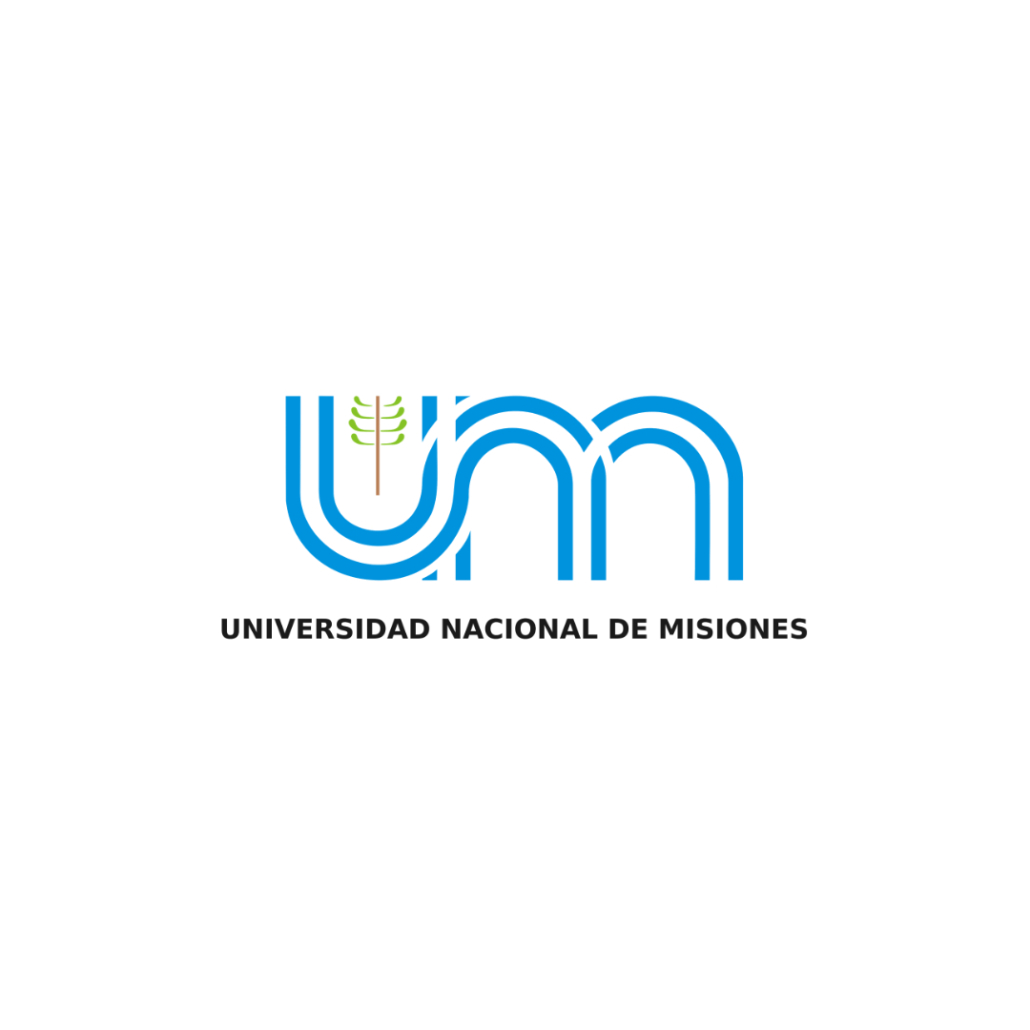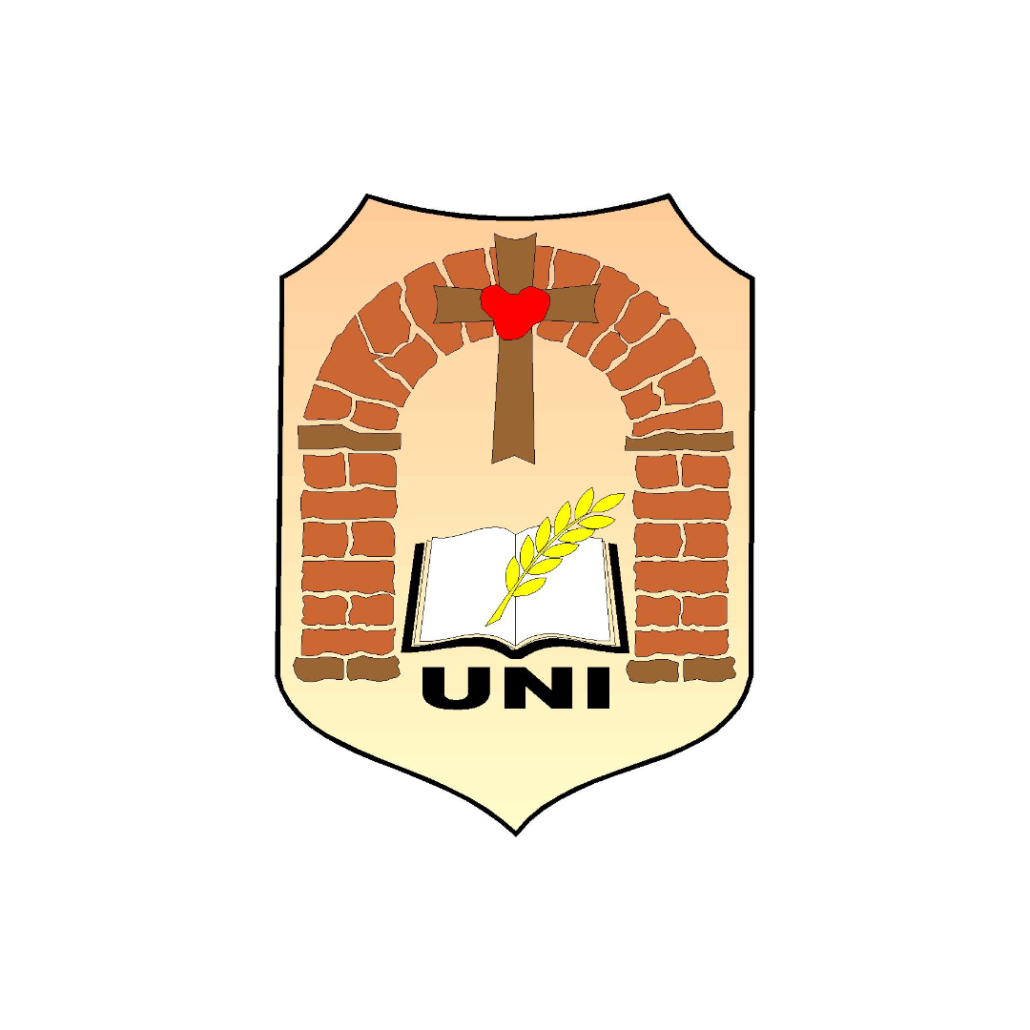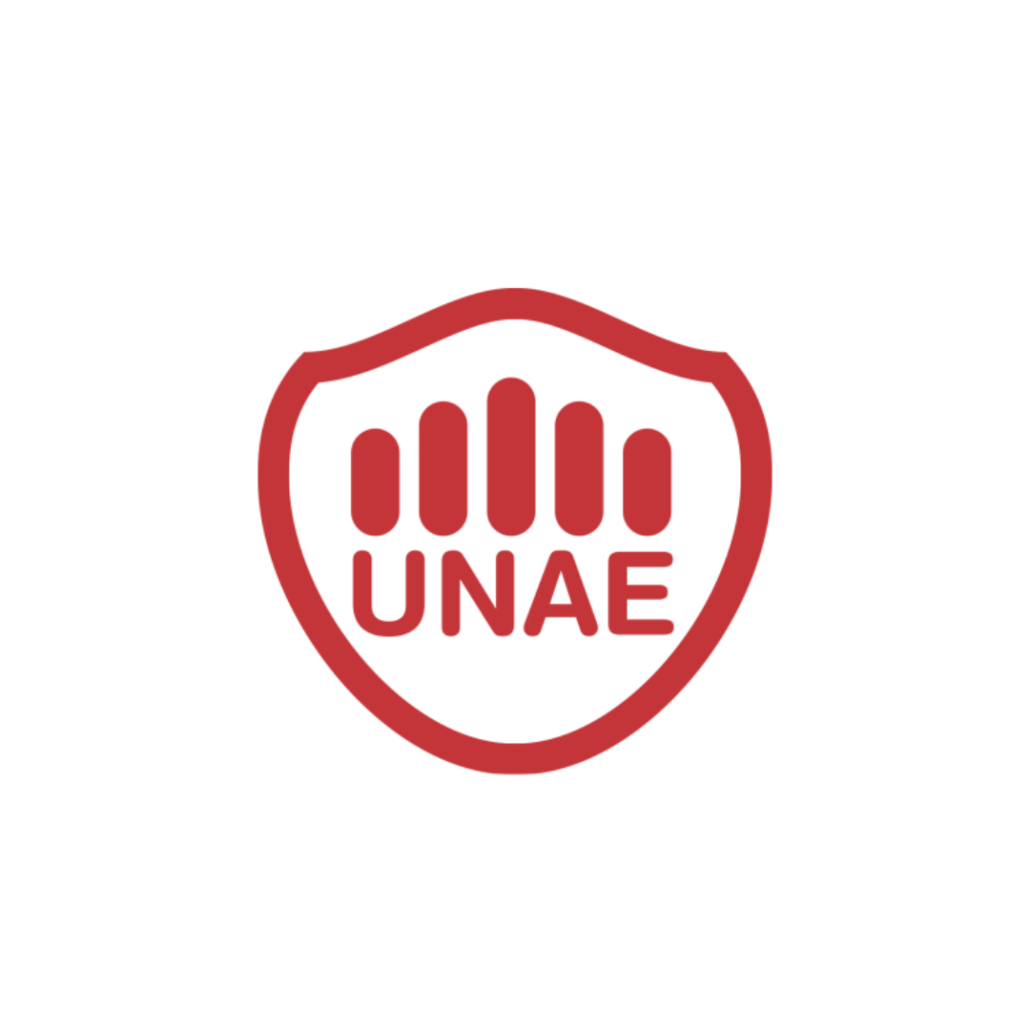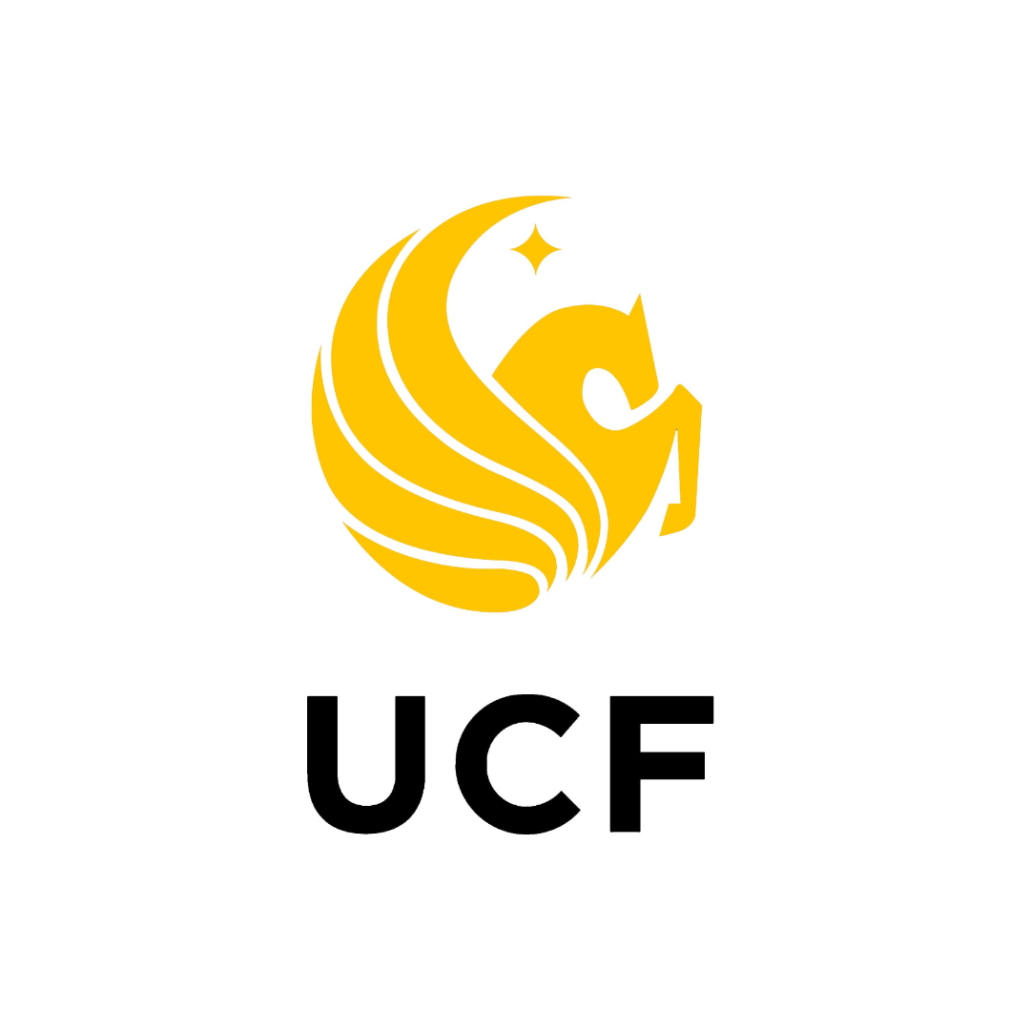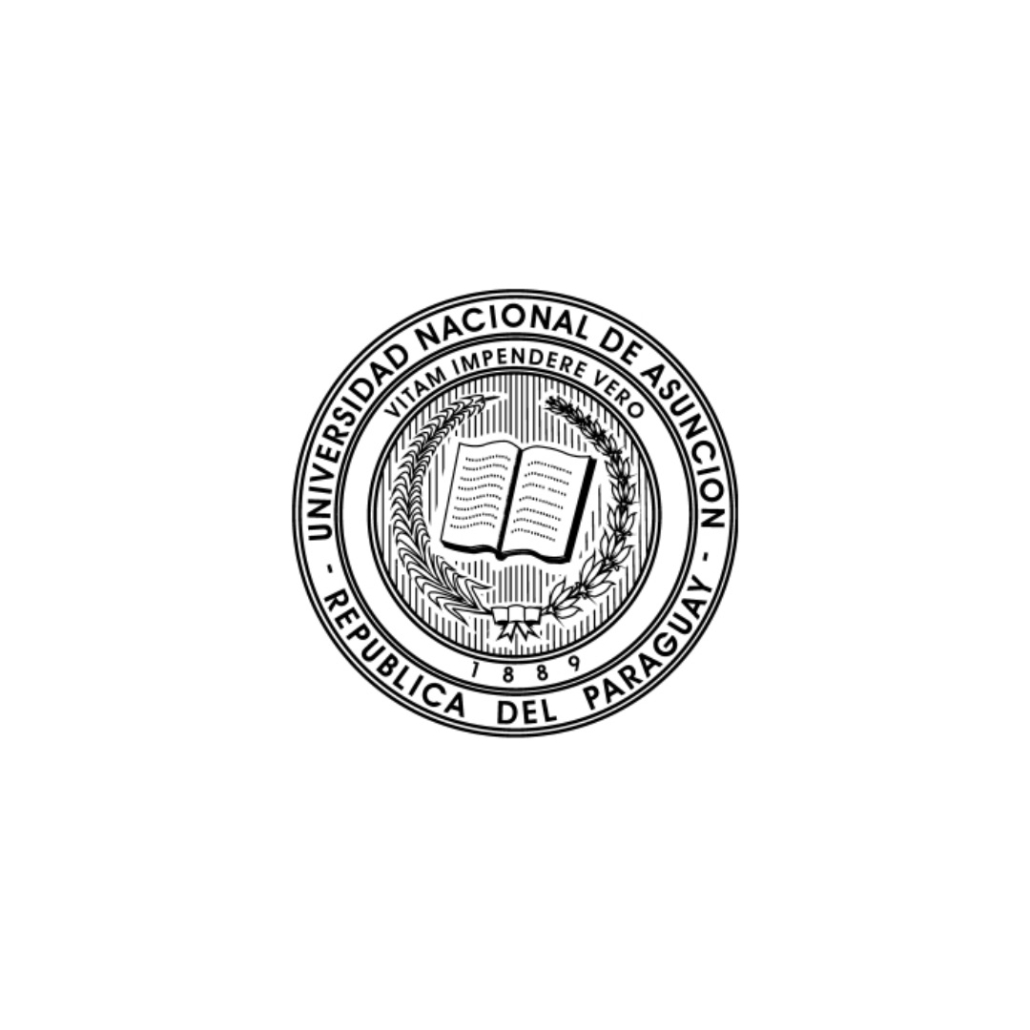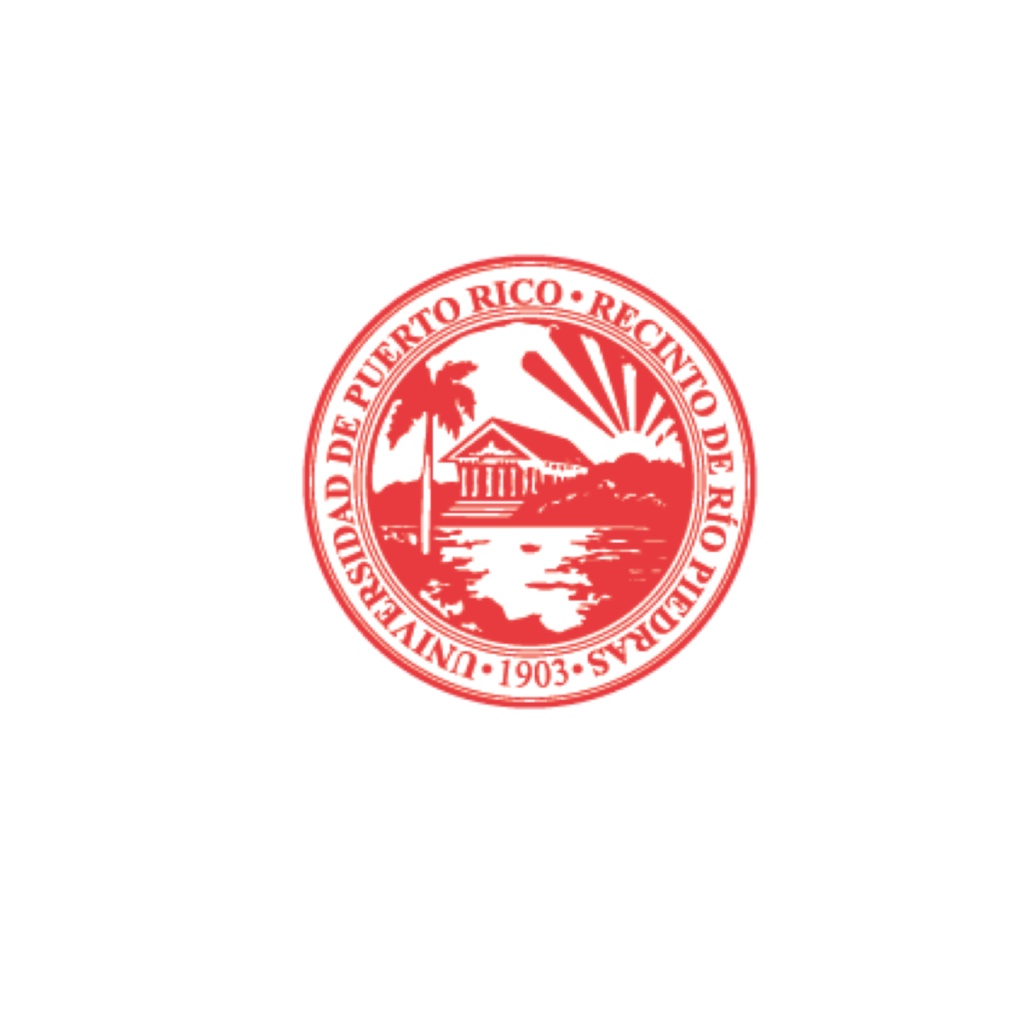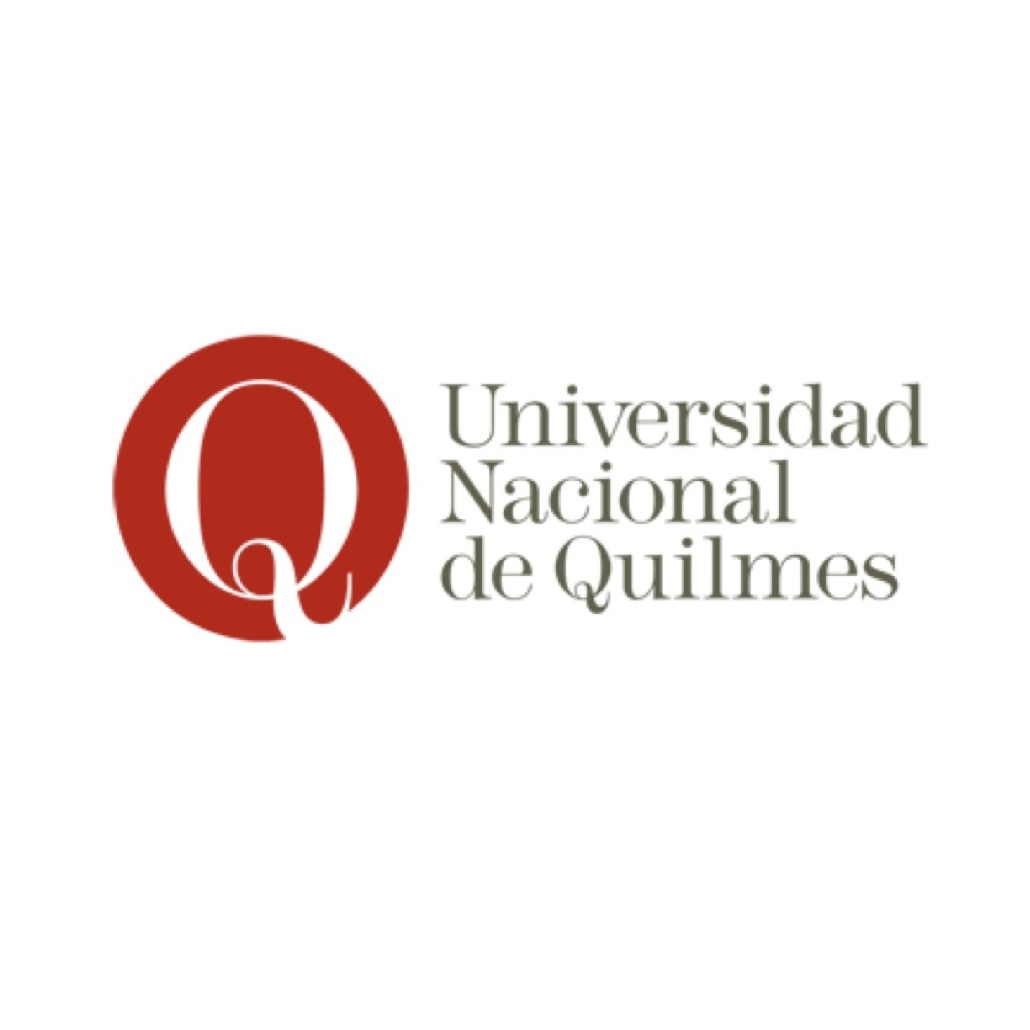From the tragedy of human conditioning to the liberating hope of communication: ethical challenges
Keywords:
Human Condition, Democracy, Exclusions, Ethics, ICT, social movementsAbstract
This article presents a reflection on the human condition inspired by the thoughts of Arendt, Elias and Zambrano, highlighting the tragedy of conditioning and the hope of liberating man with the emergence of democracy and the widespread use of communication technologies. Despite the existence of a liberating hope, we highlight the paradoxes associated with the persistence of exclusions, the silence of majorities and mediated protest, in a transparent society full of ethical challenges that we seek to map.
Downloads
Metrics
References
Araujo, P. F. L. M. (2018): O uso dos media sociais pelos movimentos sociais brasileiros como instrumento de E-democracia. Dissertação de Mestrado em Comunicação Social, na vertente de Comunicação Estratégica. Lisboa: ISCSP. Disponível em https://www.repository.utl. pt/bitstream/10400.5/16527/1/DISSERTA%C3%87% C3%83O%20FINAL%20-%20Pamela%20Figueiredo. pdf
Arendt, H. (1958/2001): A condição humana. Lisboa: Relógio D’Água.
Barber, B. R. (1984/2003): Strong Democracy. Participatory Politics for a New Age. Berkeley/Los Angeles/London: University of California Press.
Baudrillard, J. (1988): The Ecstasy of communication. New York: Semiotext(e).
—(2007): In the shadow of the silent majorities. Los Angeles: Semiotext(e).
Bernardo, F., & Bensussan, G. (2013): Os equívocos da Ética. Porto: Fundação Engenheiro António de Almeida.
Boorstin, D. J. (1961/1987): The image. A guide to pseudo-events in America (25th anniversary ed.). New York: Vintage Books.
Castells, M. (2003): A era da informação: economia, sociedade e cultura. O fim do milénio. Lisboa: Fundação Calouste Gulbenkian.
—(2012/2017): Redes de indignação e esperança. Movimentos sociais na era da internet, 2.a edição revista e atualizada. Rio de Janeiro: Zahar Editora.
Dayan, D., & Katz, E. (1994): Media Events: The Live Broadcasting of History. Cambridge: Harvard University Press.
Elias, N. (1991): The Society of Individuals. Oxford: Basil Blackwell.
Ferry, L. (2010): La révolution de l’amour. Pour une spiritualité laïque. Paris: Plon.
Galtung, J., & Ruge, M. (1965): «The Structure of Foreign News», Journal of Peace Research, 2 (1), pp. 64-91.
Harcup, T., & O’Neill, D. (2016): «What is news? News values
revisited (again)», Journalism Studies, 18 (12), 1470- 1488. doi: https://doi.org/10.1080/1461670X.2016. 1150193
Holtzhausen, D. R. (2014): Public Relations as activism. Postmodern approaches to theory & practice. New York/ London: Routledge.
Lull, J. (2007): Culture-On-Demand: Communication in a Crisis World. Malden: Blackwell Publishing.
Maffesoli, M. (2003): Entre o bem e o mal. Compêndio de subversão pós-moderna. Lisboa: Piaget Editora.
Marcuse, H. (1970): L’homme unidimensionnel. Paris: Minuit.
Morin, E. (1999): As Grandes Questões do Nosso Tempo, 6.a Edição. Lisboa: Notícias Editorial.
Neto, H. V. (2014): «Missiva sobre responsabilidade social, respeito e ética na vida em sociedade», in H. V. Neto & S. L. Coelho (eds.): Responsabilidade social, respeito e ética na vida em sociedade (pp. 7-33). Porto: Civeri Publishing.
Nietzsche, F. (1968): The will to power. New York: Vintage Books.
—(s. d.): Civilização e Decadência e outros textos (antologia). Porto: Editorial Inova.
Norris, P. (2001): Digital Divide. Civic Engagement, Information Poverty, and the internet Worldwide. Cambridge: Cambridge University Press.
Ortega y Gasset, J. (1989): A Rebelião das Massas. Lisboa: Relógio D’Água Editores.
Sebastião, S. P. (2019): «A Ética em Relações Públicas: dos códigos aos desafios práticos», in. Sebastião, S. P., & Martins, P., Ética em Comunicação: reflexões sobre os atributos, os desafios e as práticas, pp. 63-74. Lisboa: ISCSP ebook.
Sebastião, S. P., & Lemos, A. I. (2016): «A voz da Comunidade na Preparação de Megaevento: Rio 2016/The voice of the Community in the Mega Event Preparation: Rio
, Cuadernos.info, 39, pp. 209-224, doi: http://dx.
doi.org/10.7764/cdi.39.679
Sebastião, S. P. & Verde, D. V. (2018): «Grupos ativistas e as funções de Relações Públicas: os casos dos lesados do BPN e do BES», Estudos em Comunicação, 27 (1), pp. 151-173, doi: https://www.researchgate.net/publi cation/329833413_Grupos_ativistas_e_as_funcoes_ de_Relacoes_Publicas_os_casos_dos_lesados_do_BP N_e_do_BES
Thoreau, H. D. (1854/2008): Onde vivi e para que vivi. Vila Nova de Famalicão: Edições Quasi.
Vattimo, G. (1988): As Aventuras da Diferença. O que significa pensar depois de Heidegger e Nietzsche. Lisboa: Edições 70.
—(1990): Introdução a Nietzsche. Lisboa: Editorial Presença.
—(1992): A sociedade transparente. Lisboa: Relógio D’Água.
Wolton, D. (2004): A outra globalização. Lisboa: Difel.
Zambrano, M. (1958/2004): Pessoa e Democracia. Lisboa:
Fim de Século.
Zorrinho, C. (2001): Ordem, Caos e Utopia. Lisboa: Edito-
rial Presença.
Downloads
Published
How to Cite
Issue
Section
License
Copyright (c) 2024 TSN. Transatlantic Studies Network

This work is licensed under a Creative Commons Attribution-NonCommercial-ShareAlike 4.0 International License.

